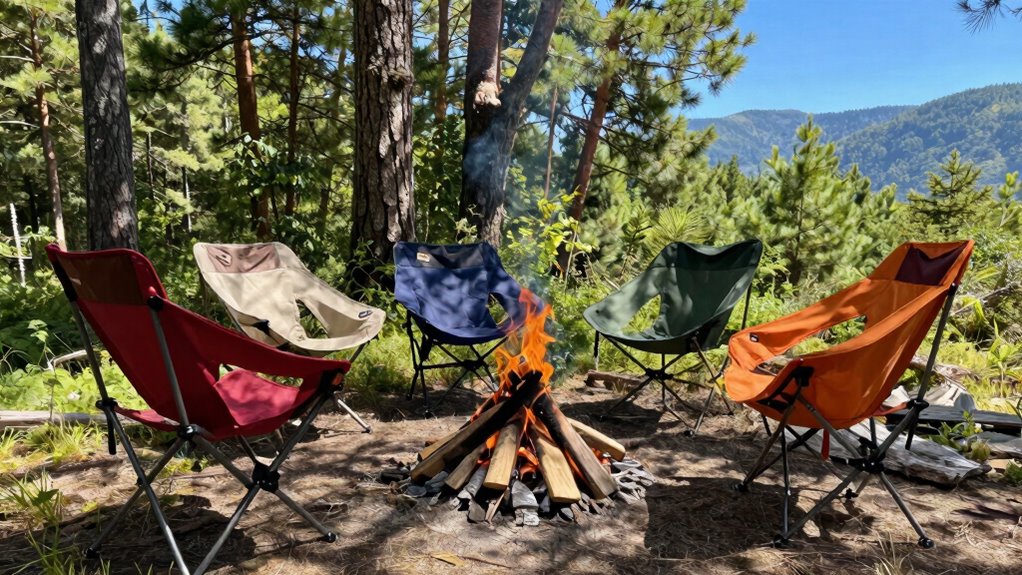Camping adventures are a great way to reconnect with nature and escape the hustle of daily life. However, one common question campers have: “Can I leave food in my car while camping?”.
In this article, we’ll discuss storing food in your car to keep it safe and fresh during camping trips.
Understanding Food Storage During Camping
The Importance of Proper Food Storage
Proper food storage during camping is essential to protecting your food, yourself, and the surrounding environment. Keeping food in your car can help maintain its freshness, prevent contamination, and minimize your impact on the environment.
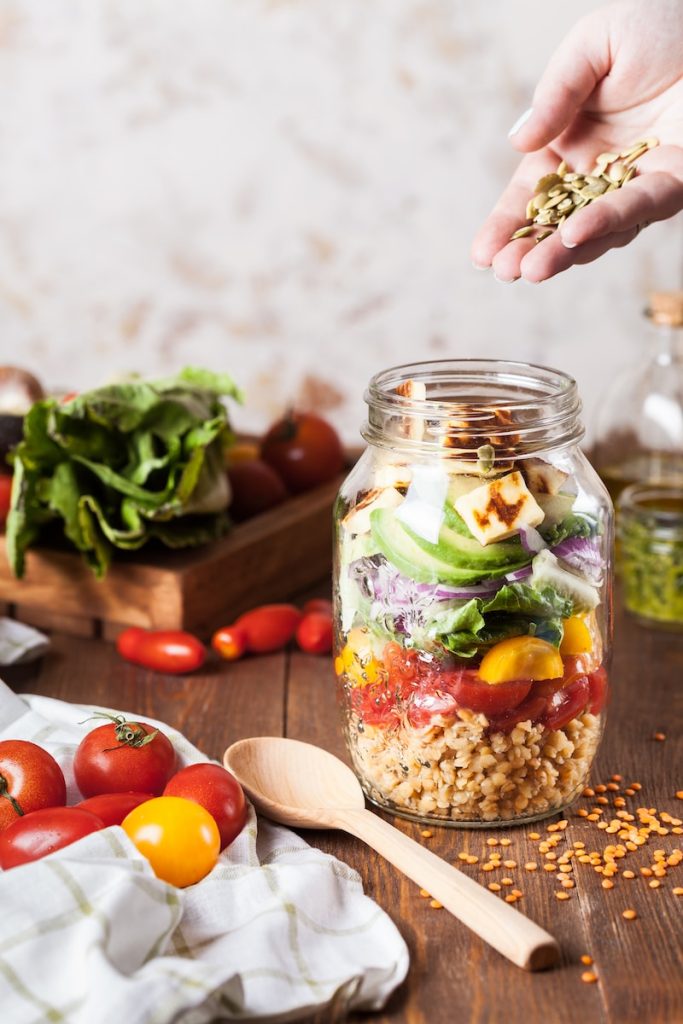
Additionally, proper food storage is crucial to avoid attracting animals, which can lead to dangerous encounters and damage to your car (imagine a bear trying to rip your car open).
Food Storage Containers and Canisters
When storing food in your car, choosing the right containers and canisters is important. Airtight and durable containers are designed to keep food fresh and minimize food scents that can attract animals.
Food-grade canisters, such as bear-resistant containers, are an excellent option, especially for camping or backpacking in areas known for wildlife presence.
Common Camping Food Storage Mistakes to Avoid
There are several mistakes campers often make when storing food in their cars. Some common mistakes include not properly sealing containers, leaving food items and wrappers visible, and using regular plastic bags to store food.
These can attract animals, resulting in spoiled food, or cause contamination. Addressing these mistakes is essential to ensure a safe and enjoyable camping experience.
Choosing the Right Food for Camping and Car Storage
Non-Perishable Camping Food Items
Selecting the right food for car storage during camping involves choosing non-perishable and packaged items like canned goods, trail mix, and jerky.
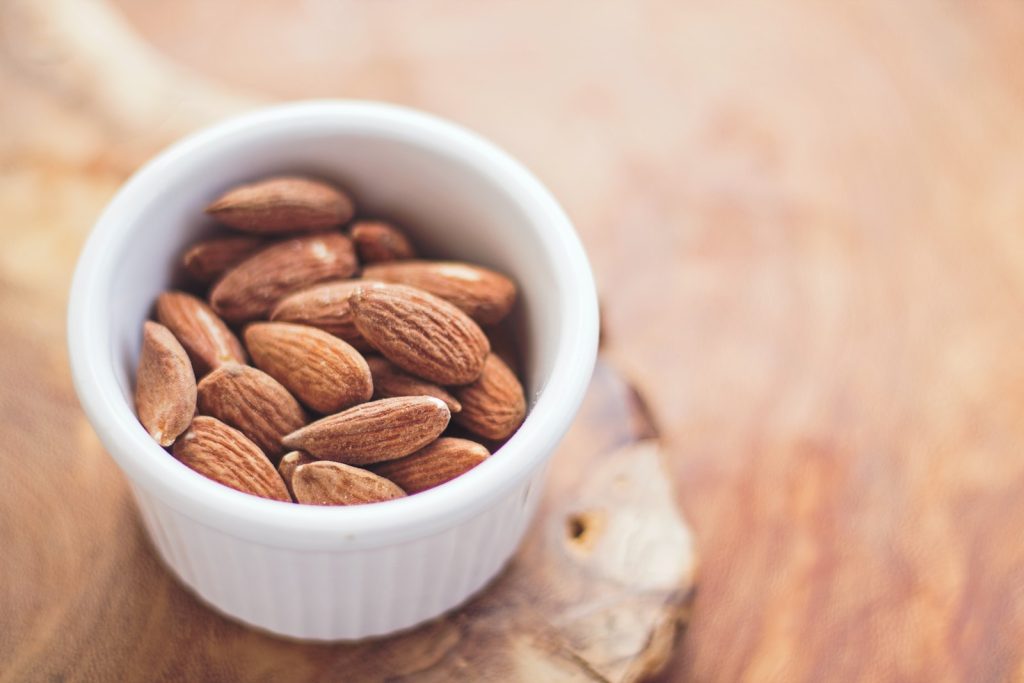
These foods are less likely to spoil and provide long-lasting energy while outdoors. They usually require minimal cooking, making them convenient options for your trip.
Storing Backpacking Food in Your Car
Backpacking food, such as freeze-dried meals, granola bars, and dehydrated fruits, can also be great options for car storage.
These lightweight and compact options are easy to pack in airtight containers and can help to maintain freshness while minimizing food scents that may attract animals.
How to Cook Food at Your Campsite Safely
When cooking food at your campsite, following safety guidelines to prevent fires and wildlife encounters is essential.
Cook your food at least 100 meters away from your sleeping area and hang your food and garbage in a designated location, preferably in a tree or provided food lockers on campgrounds.
Always adhere to campsite rules regarding fires and camp stoves and immediately clean up any food scraps or spills.
Keeping Food Safe and Out of Sight in Your Car
Location Matters: Parking Your Car at Campsites
Select a parking spot near your tent or sleeping area when storing food in your car at campsites. Ideally, park your car at least 100 meters from your campsite to minimize the risk of wildlife encounters and protect your sleeping area from unwanted attention.
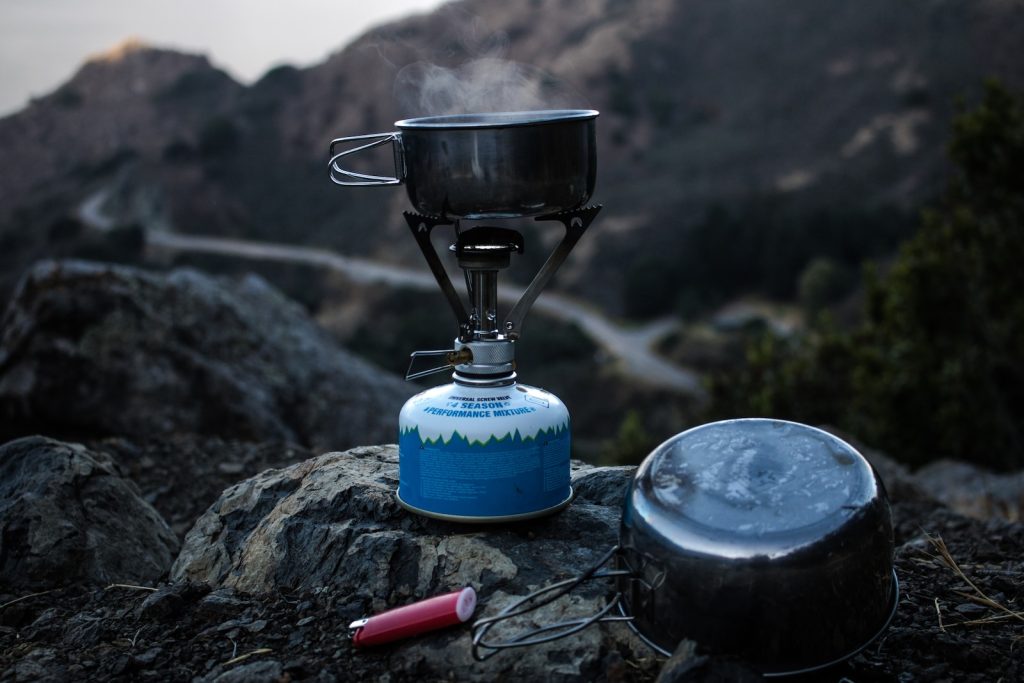
Locking Windows and Doors to Protect Your Food
Always lock your car windows and doors when storing food to prevent animals like raccoons, bears, or smaller critters from getting into your food. Even a small crack in your window can allow opportunistic animals to squeeze through, potentially causing damage to your car and ruining your food supplies.
Using Opaque Containers and Covers to Hide Food
To keep food out of sight, use opaque containers and covers to mask the presence of any human food inside your car. Keeping food invisible to animals and other campers can help minimize the risk of break-ins, theft, or attracting unwanted wildlife to your car.
Handling Food Waste and Cleanliness During Camping
Disposing of Food Waste Responsibly
During your camping trip, responsibly dispose of food waste, including scraps, wrappers, and dirty cooking utensils.
Store waste and garbage in designated containers and ensure it is secured outside your car, preferably at the campsite’s waste management facilities or by hanging it in a tree-like food.
Food Handling Basics to Prevent Contamination
When handling food during camping, always wash your hands, use clean utensils, and sanitize your cooking area. This will help prevent cross-contamination and ensure your food stays safe throughout your camping trip.
Maintaining a Clean Campsite for a Safe Experience
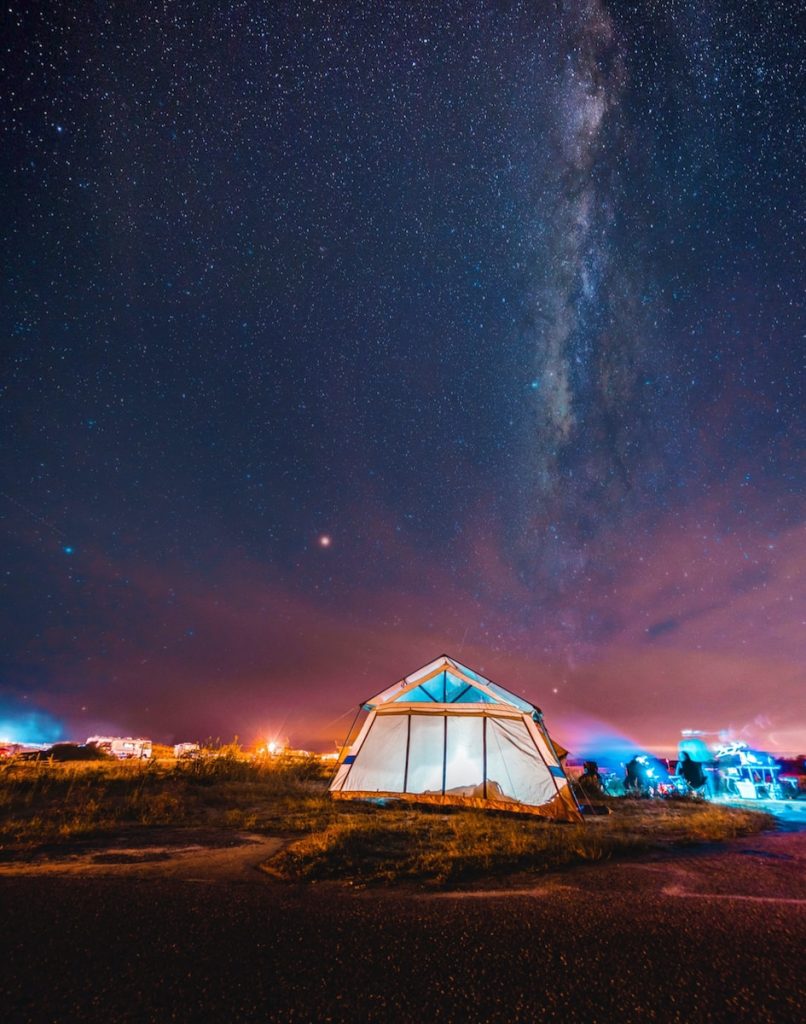
Keeping your campsite tidy and food debris-free is crucial for a safe and enjoyable camping experience. Clean up all food scraps, packaging, and spills immediately, and keep your eating and cooking area separate from your sleeping area to minimize the risk of wildlife encounters.
Additional Tips for Food Storage in Cars While Camping
Keeping All Food in Designated Storage Areas
Always store all food, toiletries, and other scented items in designated storage areas within your car. This will help prevent animals from detecting and attempting to access these items, minimizing the risk of damage to your car and keeping you safe during your camping trip.
Adhering to National Parks Food Storage Regulations
Always adhere to food storage regulations and guidelines when camping in national parks and other managed areas.
Each park may have different requirements, so it’s essential to familiarize yourself with these rules before packing your food and setting off on your adventure.
Being Mindful When Camping in Areas with Wildlife
Lastly, always remain aware and respectful when camping in areas with wildlife. Limit food scents and noise, keep your food stored safely away from your campsite, and follow any precautions recommended by park authorities.
By being mindful of the environment and the animals we share with, we can enjoy camping experiences while ensuring that humans and wildlife stay safe and protected.



